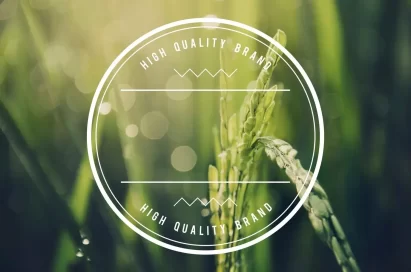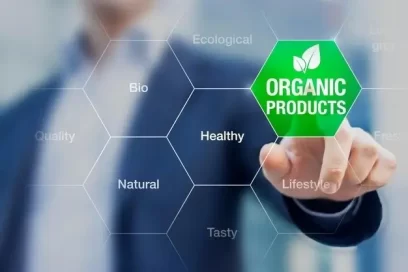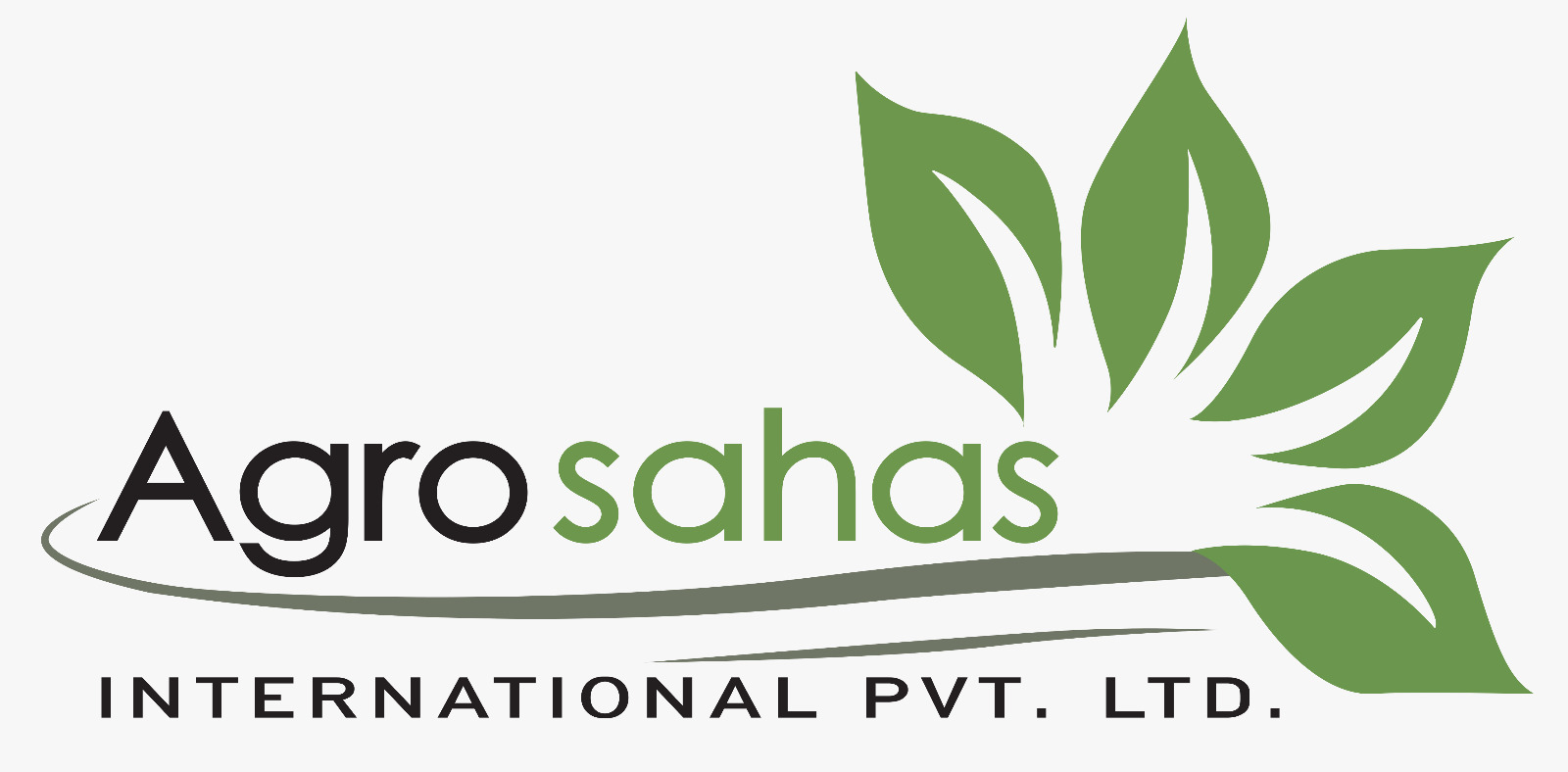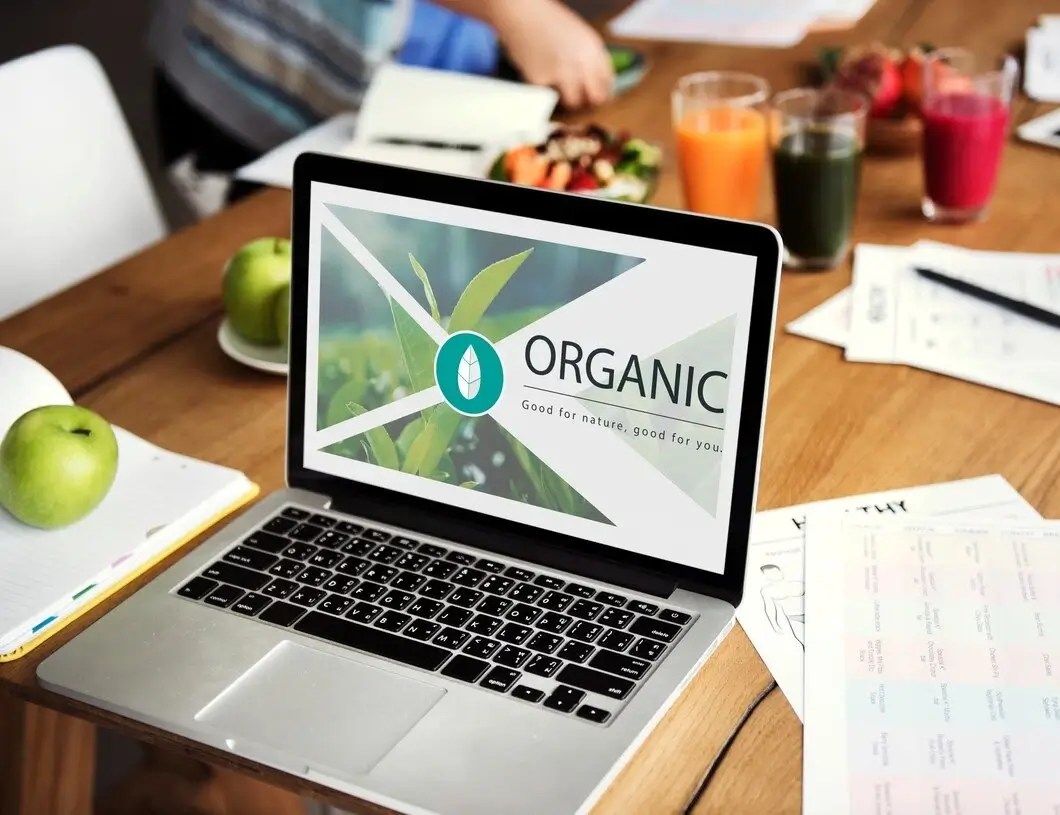In our commitment to transparency and quality, Agrosahas proudly carries various certifications that attest to the excellence of our agricultural practices. This blog post shines a spotlight on one such certification – Organic Certification. Join us as we unravel the purpose, benefits, and considerations associated with Organic Certification, providing you with a deeper understanding of its significance in the realm of agriculture and consumer choices.
The Purpose of Organic Certification
What is the purpose of organic certification? At its core, Organic Certification serves as a benchmark for excellence in agricultural practices. It sets forth standards and guidelines that ensure the integrity, quality, and sustainability of our products. This certification acts as a testament to our unwavering commitment to ethical farming, environmental stewardship, and consumer well-being.
Benefits of Organic Certification
Understanding the benefits of Organic Certification is pivotal for both Agrosahas and consumers alike. For consumers, this certification serves as a reliable indicator of product quality. It assures them that our agricultural practices meet stringent criteria, encompassing everything from soil health to fair labor practices. Additionally, Organic Certification empowers consumers to make informed choices aligned with their values, supporting sustainable and responsible farming.
From Agrosahas’ perspective, Organic Certification enhances our credibility and reinforces our dedication to excellence. It communicates to consumers that our products are produced with meticulous attention to quality, safety, and environmental impact. This certification also fosters trust, creating a bridge between our agricultural practices and the discerning choices of conscious consumers.

Navigating the Disadvantages
While Organic Certification brings numerous advantages, it’s essential to acknowledge and address any potential disadvantages. Some critics argue that certifications can be costly and time-consuming. In response, we emphasize the long-term benefits and positive impacts on the environment and consumer confidence that outweigh the initial investments. Through streamlined processes and a focus on efficiency, Agrosahas mitigates potential disadvantages to ensure that Organic Certification remains a beacon of quality without compromising accessibility.
Organic Certification in Action
To truly appreciate the significance of Organic Certification, let’s explore how it translates into action on our farms. From sustainable cultivation practices to fair labor conditions, Organic Certification influences every step of our agricultural process. It ensures that our products are free from harmful chemicals, adhere to ethical labor standards, and contribute to the overall well-being of the environment.
The Consumer’s Role
As consumers, your choices wield immense power in shaping the agricultural landscape. By opting for products with the Organic Certification label, you actively support a model of agriculture that prioritizes sustainability and ethical practices. Your choices contribute to a larger movement promoting responsible farming, fostering a healthier planet and a more conscientious approach to consumption.

Conclusion:
In the vast expanse of agricultural certifications, Organic Certification stands as a beacon of quality, sustainability, and consumer empowerment. As we conclude this certification spotlight, we invite you to explore our certified products, confident in the knowledge that each carries the mark of excellence represented by Organic Certification. Together, we navigate the intricate landscape of agricultural choices, fostering a future where quality, sustainability, and consumer well-being harmoniously coexist. Thank you for joining us on this journey of discovery and commitment to a greener, more responsible agricultural future.




